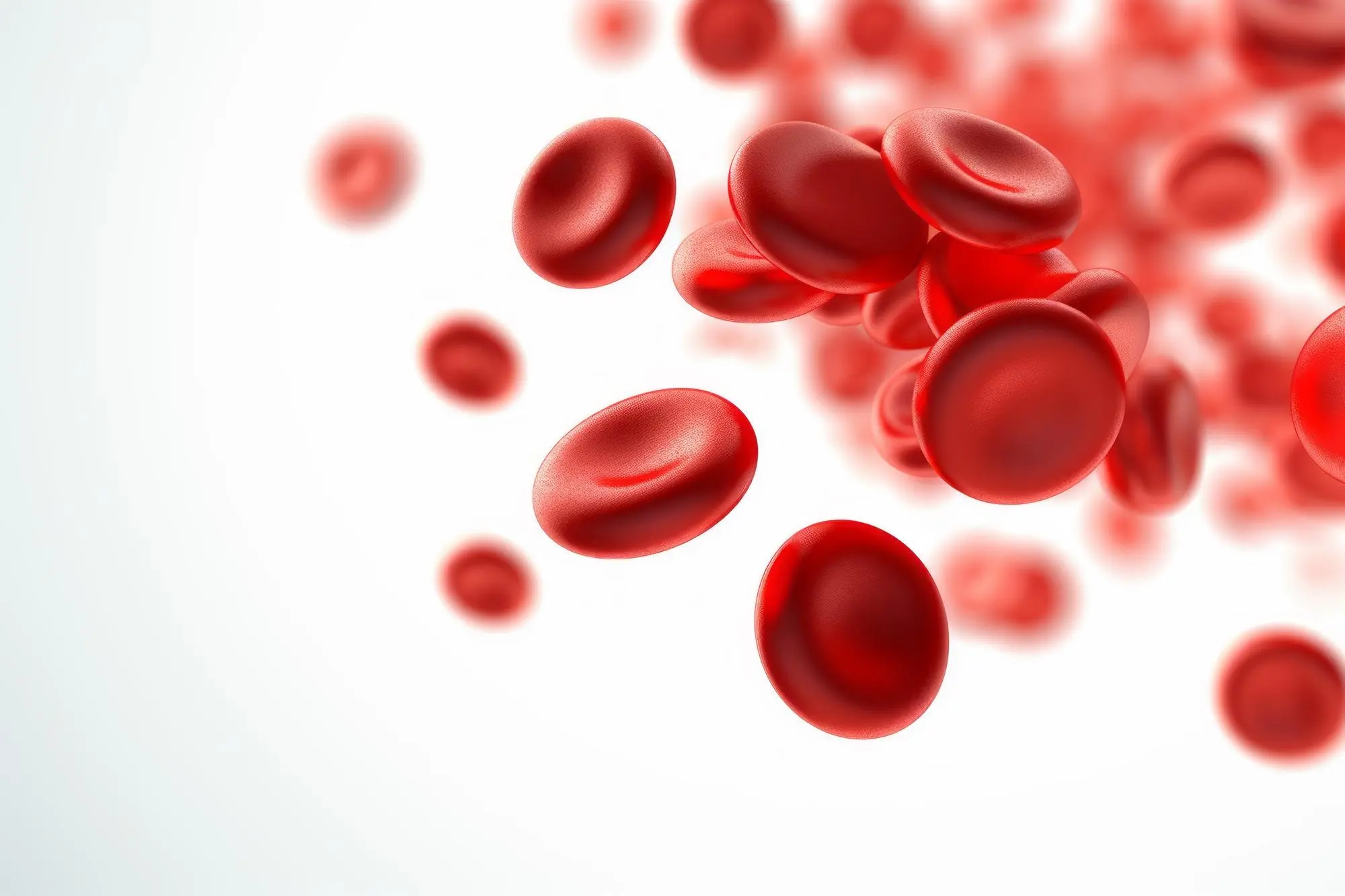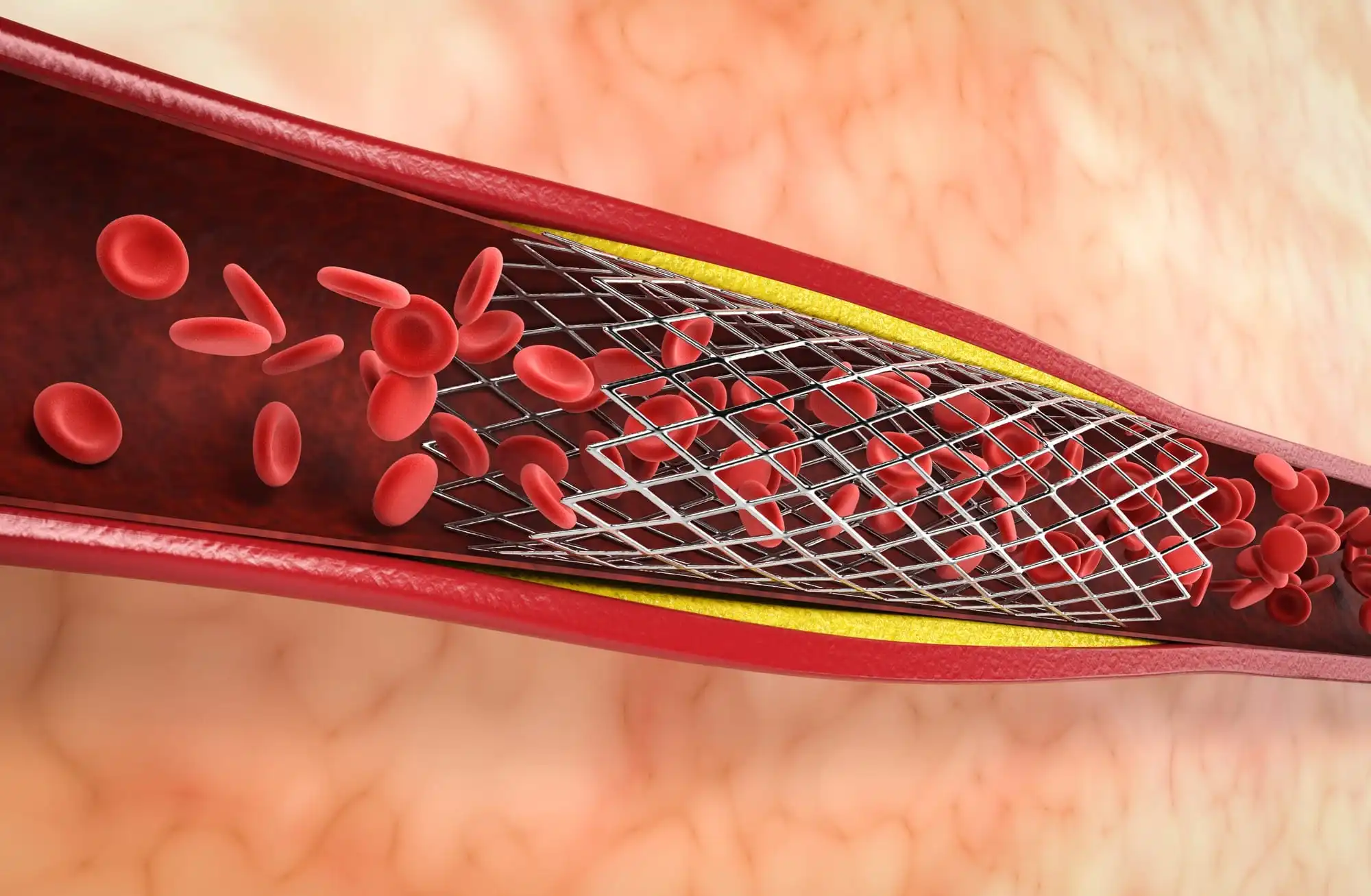Medical records are essential documents that outline a patient’s medical history and current health status. They are a necessary part of the healthcare system, providing healthcare providers with vital information to make sound clinical decisions. Accurate and up-to-date medical records can help physicians identify potential problems early on and ensure the best care for their patients.
In this article, we will discuss what are medical records and why their importance cannot be overstated.
What is a Medical Record?
A medical record is a collection of information about an individual’s health and medical history. This record is typically created, maintained, and accessed by healthcare professionals such as doctors, nurses, pharmacists, and other clinicians. It contains information about the patient’s medical and treatment history, including symptoms, diagnoses, test results, treatments, medications, and other relevant clinical data.
What are the Components of a Medical Record?
- The patient’s demographics, such as height, age, ethnicity, gender, weight, etc.
- A list of medicines prescribed to the patient, their dosage, and how often they should be taken.
- Treatment and diagnosis received by the patient previously and their medical history.
- A detailed list of the vaccinations given to date.
- A history of illnesses and allergies to food, medicines, stings, or other substances with both prescribed and non-prescribed medications.
- A list of the patient’s previous lab test results.
- Any previous immunisations received.
- A history of previous hospitalisations and surgeries.
- Detailed information on medical insurance and billings.
What is the Importance of Medical Records?
Medical records are a vital component of patient care, and their importance cannot be overstated. Here are some of the key reasons why medical records are so important:
- Saves Valuable Time Patient's medical records are consulted before any diagnosis or treatments are prescribed when they arrive for a doctor's appointment. By having the necessary information about existing conditions or allergies already available, searching for pertinent details can be avoided, which helps save valuable time during the appointment.
- Helps Doctors to Provide Effective Diagnosis An organised medical record provides information about a patient's health history, vital for proper diagnosis. It gives insight into conditions that may have been previously diagnosed and helps physicians determine the best course of action when approaching any new health matters. Moreover, medical records can also help doctors better understand how certain illnesses or injuries may be linked with past diagnoses.
- Catches the Possibility of a Chronic Condition Keeping a medical record is important because it helps identify the probability of having lifestyle diseases such as diabetes and heart attacks. All individuals need to have their own medical records containing information about any previous illnesses or treatments they have had, as well as their family’s medical history. This helps doctors recognise patterns and trends that can help them better assess a patient’s risk of developing certain chronic diseases.
- Reduces Medical Errors The importance of medical records cannot be understated when it comes to reducing errors. By having up-to-date information about a patient’s history, medications, and test results readily available, physicians can make informed decisions about their care.
- Identifies the Probability of Success By keeping a comprehensive patient history, doctors can identify the probability of success for any treatment or operation and existing conditions and trends in past data that could otherwise go unnoticed. This helps ensure that the patient receives tailored care based on their individual needs while minimising the risk of complications during or after surgery.
- Saves Money on Retests Keeping a meticulous record of all patient appointments, diagnoses, treatments, and tests is essential for quality patient care. Not only does it help physicians provide better treatment for patients, but it can also save them money by reducing the need for costly retests.
Digitise Your Bulky Physical Medical Records Now!
Now that you know the importance of medical records, you should know that you can store your medical history in an electronic form with the help of PHR (Personal Health Record) apps like Health-e!
By digitising your personal health record, you no longer have to worry about carrying bulky old medical files with you every time you visit a doctor. You don’t have to take ten prescriptions, medical reports, and lab tests to give the doctor a brief recap of your medical history.
With Health-e, store all your medical records online safely and make it easier for the doctors to access your medical data at every visit.





